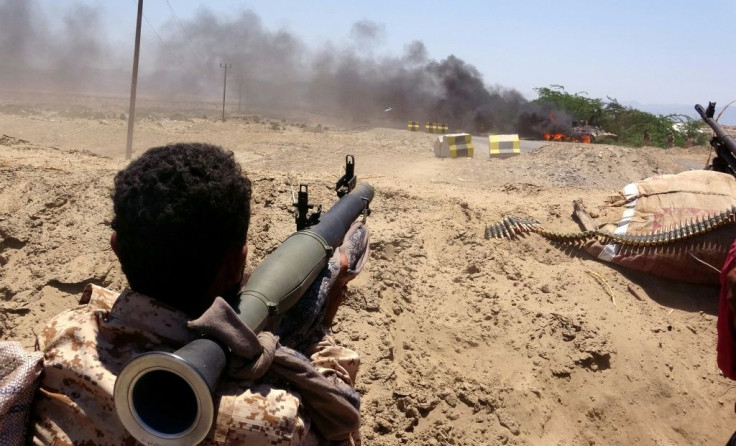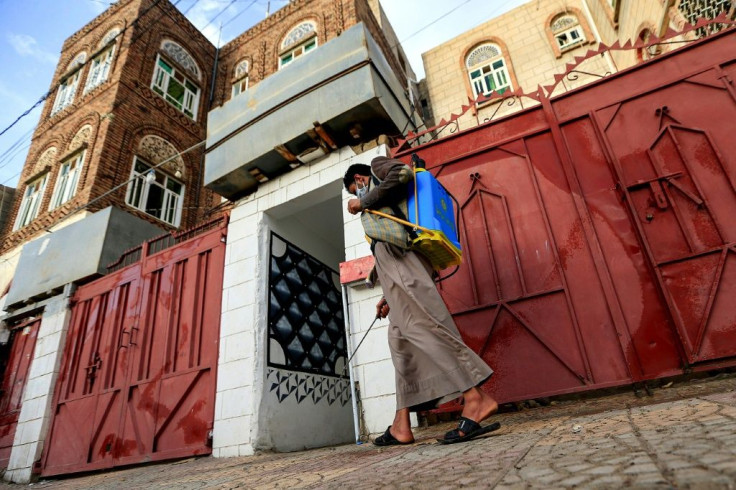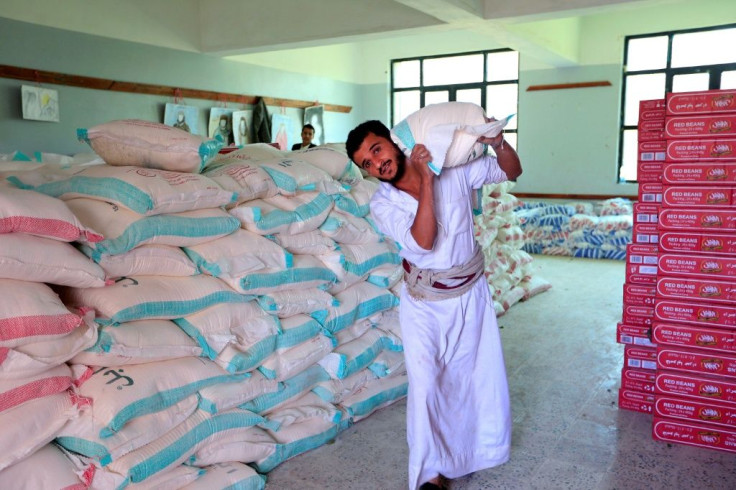Yemen: World's Worst Humanitarian Crisis
Yemen is wracked by a war which has killed tens of thousands of people and led to the world's worst humanitarian crisis, according to the United Nations.
The war between Huthi rebels and pro-government forces escalated in 2015 when a Saudi-led military coalition intervened against the rebels who control large parts of Yemen including the capital Sanaa.
Over the past six years, tens of thousands of people -- mostly civilians -- have been killed in the conflict, according to aid organisations.

The United Nations High Commissioner for Refugees (UNHCR) says more than 3.6 million people have been displaced within Yemen, living in camps.
Amnesty International said in December 2019 that some 4.5 million people living with disabilities are faced with growing difficulties in the country.
In the worst cases, the disabled are left behind by their families after being separated while fleeing their homes, it said in a report.
Yemen's already ailing health system has collapsed during the COVID-19 pandemic.

At the end of May, the United Nations appealed for urgent funding for the country.
"We are increasingly alarmed about the situation in Yemen," officials from the UN Humanitarian Affairs Department, UNICEF, the World Food Programme and the World Health Organization (WHO) said in a joint statement.
"We are running out of time".
Yemen is "critically under-equipped" to face the pandemic, Save the Children said in April.
"Only half of Yemen's health facilities are still fully functional."
The country has also been ravaged by cholera, which has killed more than 2,500 people since April 2017.

Around 1.2 million suspected cholera cases have been reported, according to WHO.
The UN children's fund (UNICEF) said even before the pandemic that two million Yemeni children of school age had gone without education, and another five million have since been forced to quit.
More than 12 million children in Yemen are in need of humanitarian aid.
According to Cluster Sante, which groups international NGOs and UN agencies, nearly 1.2 million children have been stricken by cholera, diphtheria or dengue fever over the past three years.
Long the Arab world's poorest nation, Yemen is the scene of "the largest humanitarian crisis in the world", according to the UN.
More than two thirds of the population -- 24 million people -- require humanitarian assistance.
In September 2019, investigators appointed by the UN Human Rights Council pointed to "war crimes" committed by all sides in the conflict.
"There are no clean hands" in the conflict, said one of the experts, Charles Garraway.
If confirmed by an independent and competent court, many of the violations identified "may result in individuals being held responsible for war crimes", the experts said in a statement.
They listed air strikes and shelling, starvation as a method of warfare, killings, torture and sexual violence as well as recruitment of child soldiers as crimes being committed with impunity.
In February, the Saudi-led coalition said it was launching legal proceedings against soldiers suspected of abuses during attacks in Yemen.
© Copyright AFP 2024. All rights reserved.





















